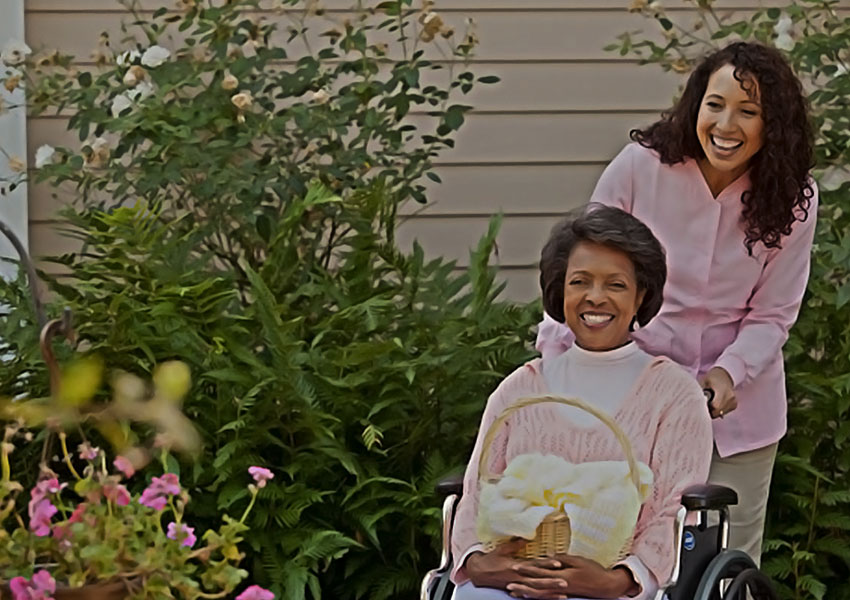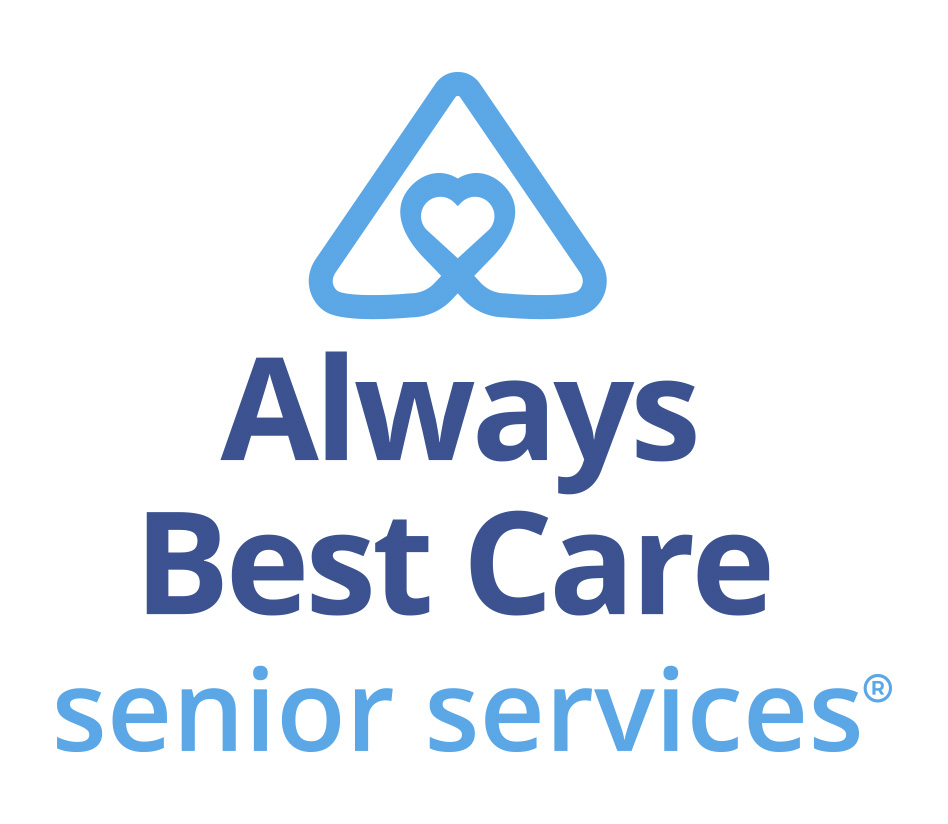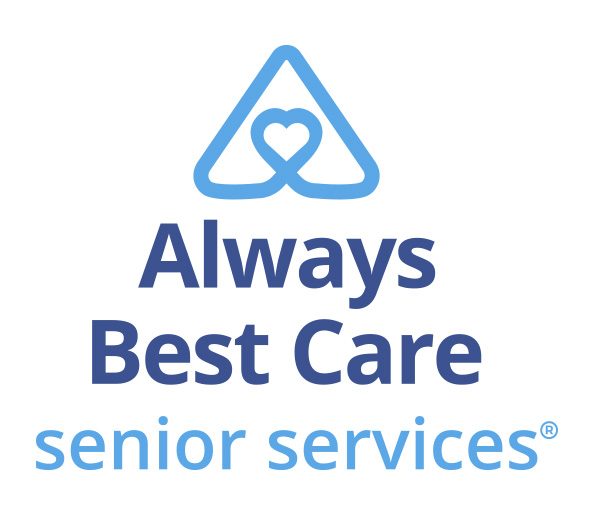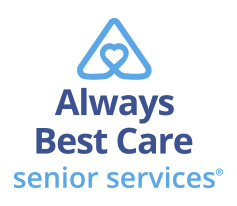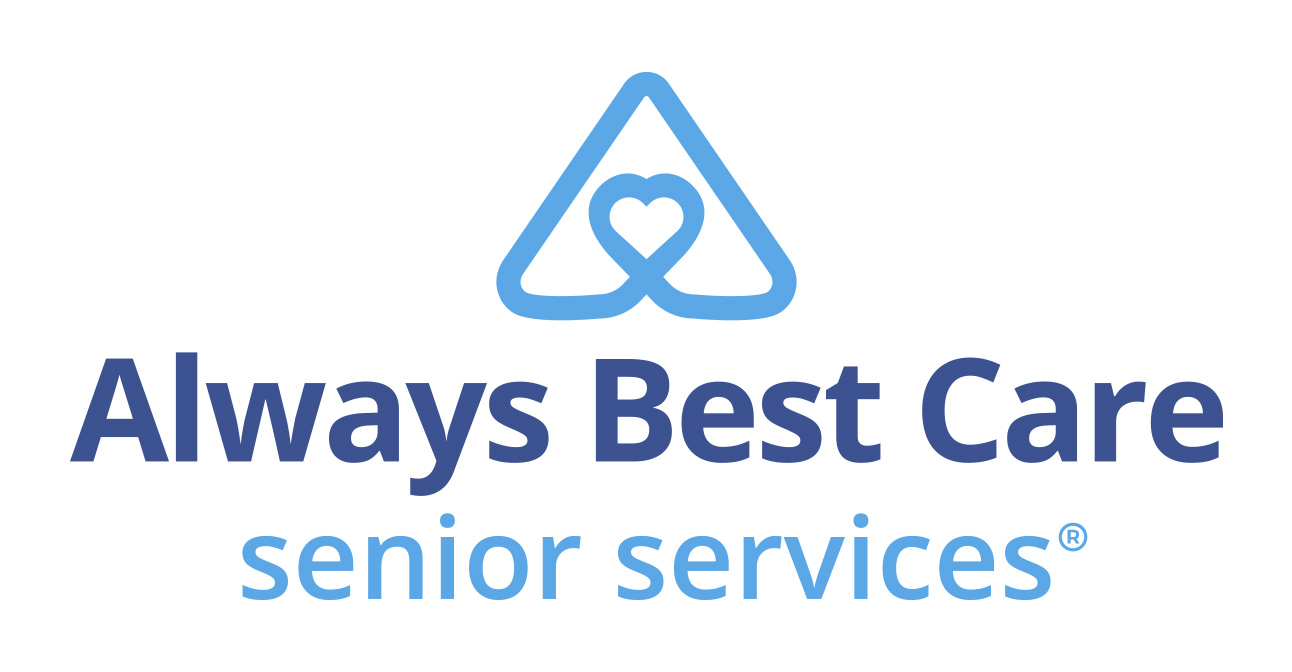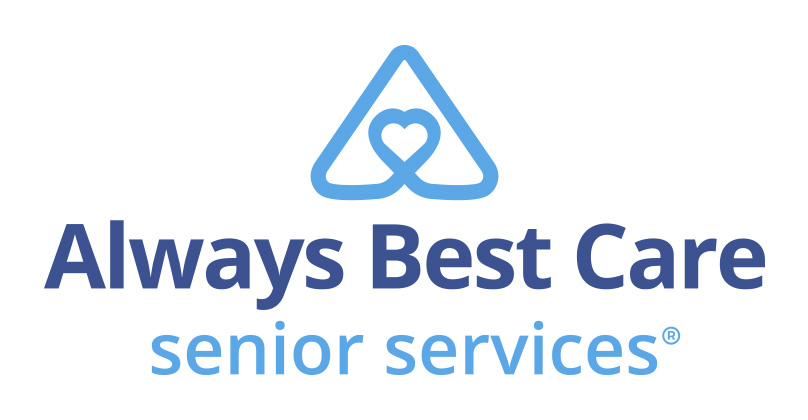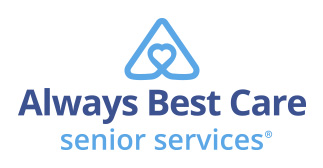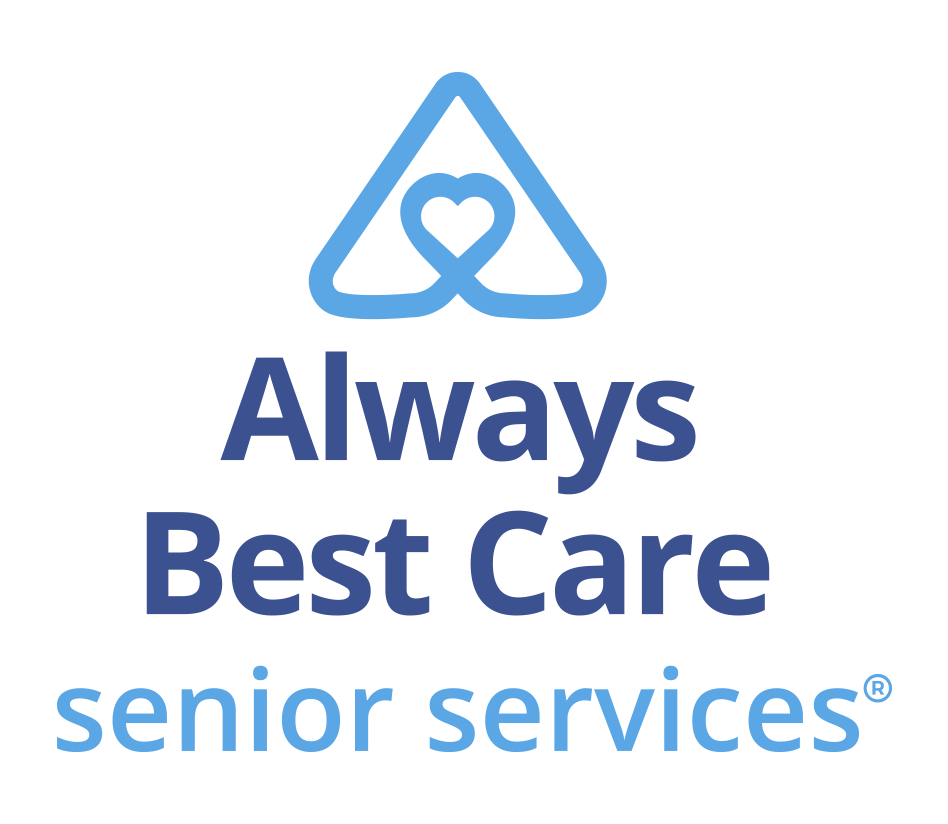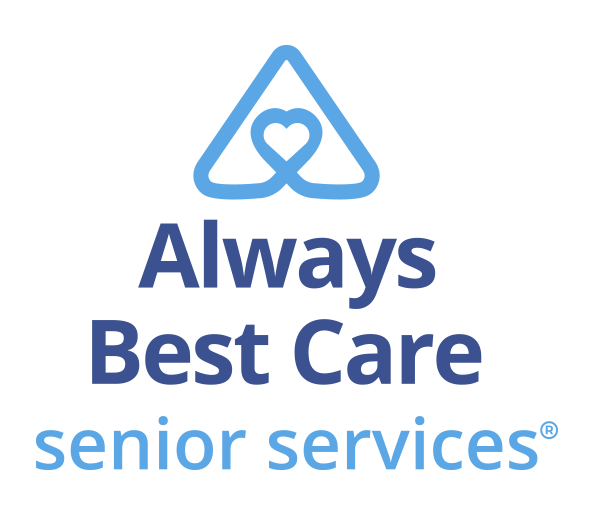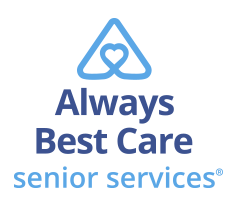 Alzheimer’s Disease is a common and well-known form of dementia, and it affects approximately 5.4 million Americans, most of whom are over the age of 65. The disease is characterized by a steady decline in memory and other cognitive abilities, and it’s been known to cause a great deal of stress and strain in families where a loved one has become afflicted with the disease. Understanding Alzheimer’s is incredibly difficult, especially when you consider the fact that not much is known about how it develops or how a person can contract it.
Alzheimer’s Disease is a common and well-known form of dementia, and it affects approximately 5.4 million Americans, most of whom are over the age of 65. The disease is characterized by a steady decline in memory and other cognitive abilities, and it’s been known to cause a great deal of stress and strain in families where a loved one has become afflicted with the disease. Understanding Alzheimer’s is incredibly difficult, especially when you consider the fact that not much is known about how it develops or how a person can contract it.
Thankfully, a number of recent advances in Alzheimer’s research have shed new light on the disease, making it easier to understand (and easier to care for). For many sufferers of dementia and their families, new advances in medicine and care allow them to keep the flames of hope alive for a recovery from the disease. But for others, just knowing more about the disease and how it works is enough to satisfy their curiosity and come to terms with the disease’s effects so they can move forward with the knowledge they need to provide the best care.
Here are some of the highlights of the most recent advances in Alzheimer’s care:
New Understanding at the Molecular Level
One of the biggest advances in understanding Alzheimer’s has come from science that studies the disease in great detail at the molecular level. Recently, experts have focused their attention on the blood vessels of the brain, which work differently from those found elsewhere in the body. With particular interest in the so called “blood brain barrier” (BBB), scientists have discovered that certain components of these tiny vessels allow for the clearance of toxic amyloid beta. Now that scientists can see how these toxins are cleared from the brain, they can work on how the toxins are cleared from the brains of those who suffer from Alzehimer’s, which is great news!
It’s a Team Effort
Research performed at the University of Wisconsin has shown that Alzheimer’s patients perform better (and their caregivers experience less stress) when a full-system approach is taken. Rather than rely on the expertise of a single expert or team of experts, better results can be found through an approach that takes into account the full array of Alzheimer’s treatment options from across the entire spectrum of care.
Music Really Helps!
Music has worked wonders with Alzheimer’s patients, but scientists are now examining why it seems to have such a magical effect. The fact is that music helps patients recall memories, and it has a tendency to “bring them back” so that they can interact effectively with family members and other loved ones, if only for brief moments. This is incredibly encouraging news for caregivers and family members who might otherwise feel like giving up on their special patients.
Learn More
Are you interested in learning more about how you can offer the best level of comfort and care to a family member who may be suffering from dementia? Always Best Care is here for you! Call us today at 1 (855) 470-CARE (2273) for more information.






























































